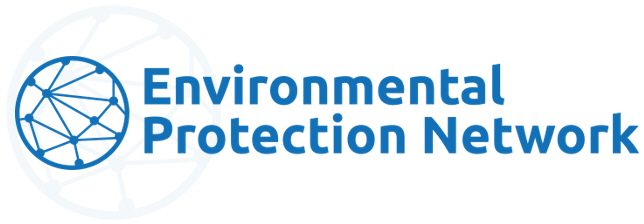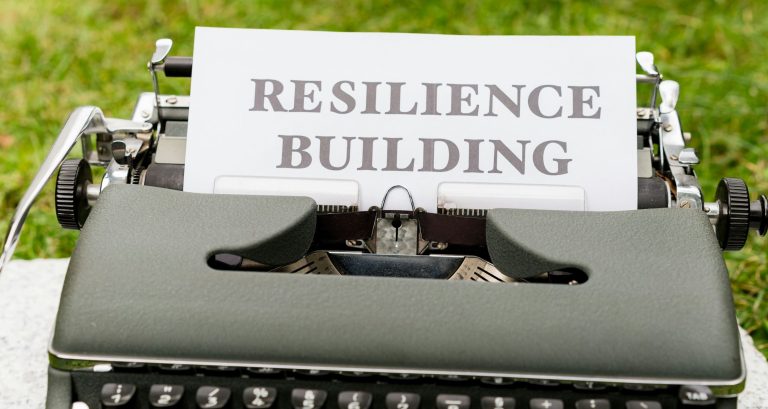During these uncertain times, please know that you are not alone. We stand beside you with unwavering support, committed to providing the resources, guidance, and care you may need. While the road ahead may be difficult, we hope to offer a sense of community, reassurance, and practical assistance, including:
Webinars/Office Hours:
1. EPN and L4GG Reminders
Please sign up here to register for our future grants management/safeguarding federal funding calls. Our next call on Wednesday, November 12, at 12:30pm ET, will feature an update on the current landscape. We will no longer be recording or sharing slides, so be ready to take good notes! As a reminder, these webinars are for current federal grantees. If you are looking for funding opportunities, please complete EPN’s technical assistance intake form.
– L4GG is supporting DOE grantees facing terminations. If you have received a termination letter, complete L4GG’s Intake Form and register for the DOE Alumni Network’s Bi-weekly Grantee Assistance Webinars.
– October 22nd Webinar Summary: Our last webinar provided litigation updates (see below) and a review of legal options for grantees. Let us know where your organization stands by completing this brief survey. Remember: Do NOT close out unless you are ready to stop fighting for this funding! If you are reaching your 120-day close out period, or have questions or concerns about your organization’s specific situation, please contact FPC@L4GG.org for additional guidance.
Litigation Updates:
2. Court of Federal Claims Guide
Recent Supreme Court guidance has shifted the landscape for grant termination disputes, identifying them as contract matters more appropriately litigated in the U.S. Court of Federal Claims (COFC). If your organization has had a grant terminated by the Federal government, it’s critical to begin building a thorough legal record grounded in contract law. This includes (but is not limited to) documenting the terms of and compliance with your agreement, financial transactions (e.g., drawdowns and invoices), and all relevant communications with the agency—especially those created contemporaneously (including screenshots). L4GG and EPN are working behind the scenes to prepare for a COFC clinic launch, with trainings on November 19th and 25th for pro bono attorneys interested in providing free legal assistance for grantees interested in bringing a claim. If you are interested in pursuing the option of bringing suit to recover monetary damages in COFC, please be sure to complete this brief survey. And if you are interested in becoming a pro bono volunteer for the COFC Clinic, please email Climatechange@L4GG.org.
3. Section 138 Appeal
L4GG, Southern Environmental Law Center, and Public Rights Project filed their opening brief on October 27, pushing back on the idea that the district court did not have jurisdiction over the Administrative Procedure Act and constitutional claims brought by the plaintiffs. You can access the opening brief here. Ordinarily, the government gets 30 days to reply, but the judge effectively ruled that the due date for the government is 30 days after the end of the shutdown; as such, the due date is currently open-ended. If the appeal is successful, our hope is that the district court will review the case on its merits and certify the class so that all eligible Section 138 grantees will see relief.
4. Solar for All
There are currently four primary active cases challenging SFA terminations. Two have been brought by prime awardees (State Attorney Generals (AGs) and Harris County, respectively) in District Court. A third brought by L4GG and Southern Environmental Law Center was filed on behalf of subrecipients in the District Court of Rhode Island. And the final primary filing was by State AGs in the Court of Federal Claims. For information about SFA litigation and other program litigation, you can access L4GG’s Litigation Tracker. In addition, the Nevada Clean Energy Fund has compiled a summary focused on SFA lawsuits, available here.
Resources:
5. Funding & Organizational Development Training Guide
Originally developed through the EPA Thriving Communities Technical Assistance Center (TCTAC) initiative, the Mountains and Plains Thriving Communities Collaborative (MaPTCC) developed a Funding and Organizational Development Training (FODT) Guide. These self-paced learning modules were created to strengthen the capacity of community-based and environmental justice organizations in areas such as grant writing, organizational development, and partnership building. They are now shared in an open-source format to continue supporting local leaders working toward environmental health and equity. While the original project was terminated before the full curriculum could be completed, these modules represent a starting point for continued learning and collaboration. For questions, additional materials, or other inquiries, please reach out to mbosworth@verticalstrategies.net or connect on LinkedIn.
6. The Center for Climate and Environmental Justice Media Community Map
The Center for Climate and Environmental Justice Media has created an Environmental Justice Community Map to highlight communities facing environmental challenges.
- To add an environmental justice community to the map, fill out the survey linked here. Each submission will add a point to the map, so submit the form once for each community you would like to add.
- To see the map, visit the CEJM Conference Storymap linked here. The map can be used as a resource to connect communities, scientists, and other professionals to collaborate and address environmental justice challenges.
Fellowship Opportunity:
7. Civic Science Fellows Host Opportunities
The Civic Science Fellows program is accepting application to become a Civic Science Fellow host partner for the next cohort, which will begin in September 2026.
Civic science connects people across different expertise and experiences to strengthen science, communities, and public decision-making—as interdependent elements of a thriving future. The Civic Science Fellows program is working to build the capacity, knowledge, innovation, and relationships needed to change systems, so all people can shape and benefit from science and technology. The program spans sectors and fields, bringing together pioneering philanthropic partners and host organizations to support a new generation of leaders and transform science, policy, and communities from the inside out.
With this cohort, three broad, cross-disciplinary streams will align the Fellows’ work: change rooted in science, change rooted in communities, and change rooted in policy.
A limited number of opportunities for host partners are available for this innovative collaborative fellowship model to incubate ideas, explore strategic questions, and build capacity and relationships to strengthen connections between science and society. Selected host organizations will receive grants from funding partners to support hiring, compensating, and mentoring a Fellow throughout the Fellowship. Learn more about the Civic Science Funders Collaborative and philanthropic partners engaged across cohorts here. Please reach out to fellows@

